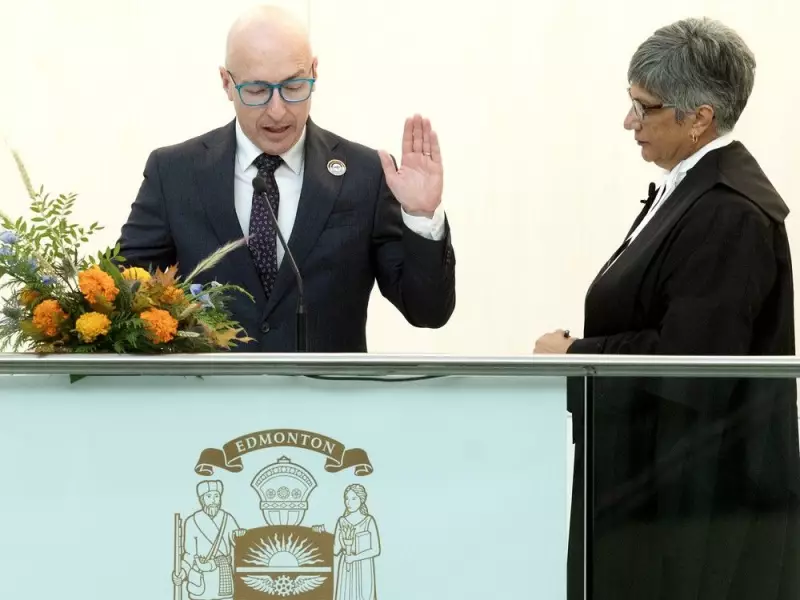
Edmonton stands at a transportation crossroads, with city councillors grappling with one of the most significant transit decisions in recent memory. The proposed shift to an all-electric bus fleet represents both an environmental imperative and a financial tightrope walk that could define the city's public transportation for decades to come.
The Electric Ambition Meets Financial Reality
City administration has laid out an ambitious plan to transition Edmonton's entire bus fleet to electric vehicles, but the path forward is anything but straightforward. The initiative comes with a staggering price tag that could exceed hundreds of millions of dollars, creating a complex puzzle for budget-conscious council members.
The financial challenge is multi-layered, involving not just the higher upfront costs of electric buses compared to their diesel counterparts, but also the massive infrastructure investments required. Charging stations, electrical grid upgrades, and maintenance facility retrofits all contribute to the substantial capital outlay needed to make this green transition successful.
Council's Dilemma: Speed Versus Fiscal Responsibility
Edmonton's city council finds itself torn between accelerating the environmental benefits of zero-emission buses and managing taxpayer dollars responsibly. Some councillors advocate for a more gradual approach, expressing concerns about committing to expensive technology that might become outdated or more affordable in the coming years.
"We're being asked to make a billion-dollar decision with technology that's still evolving," one council member noted during recent deliberations. "The environmental goals are crucial, but so is getting this right for Edmontonians' wallets."
The Maintenance Conundrum
Beyond purchase prices, the operational aspects present another layer of complexity. Electric buses require different maintenance expertise and facilities than traditional diesel vehicles. The city must consider whether to retrofit existing facilities or build new specialized maintenance centers—each option carrying significant cost implications.
Early experiences with Edmonton's pilot electric buses have revealed both promising performance and unexpected challenges. While quieter operation and zero tailpipe emissions represent clear advantages, questions about battery performance during harsh Alberta winters and overall longevity remain key considerations.
A Broader Environmental Picture
The electric bus initiative connects to larger municipal climate goals and federal funding opportunities. With other Canadian cities making similar transitions, Edmonton must balance being an environmental leader with practical financial constraints.
The decision ultimately reflects a fundamental question about municipal priorities: How quickly should a city move toward sustainable transportation when the costs are substantial and the technology continues to evolve? Edmonton's answer to this question will shape the city's environmental footprint and transportation network for generations.





